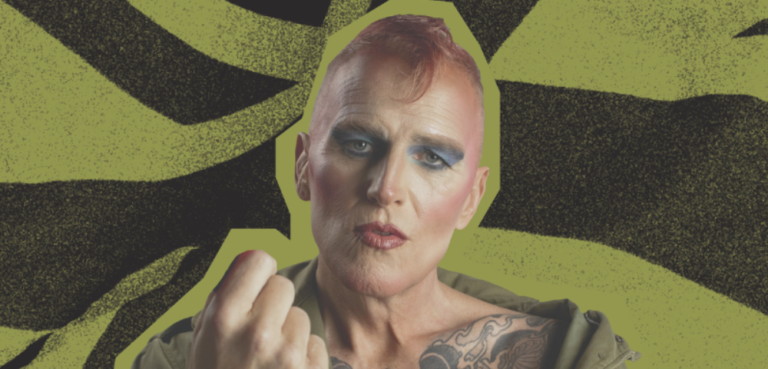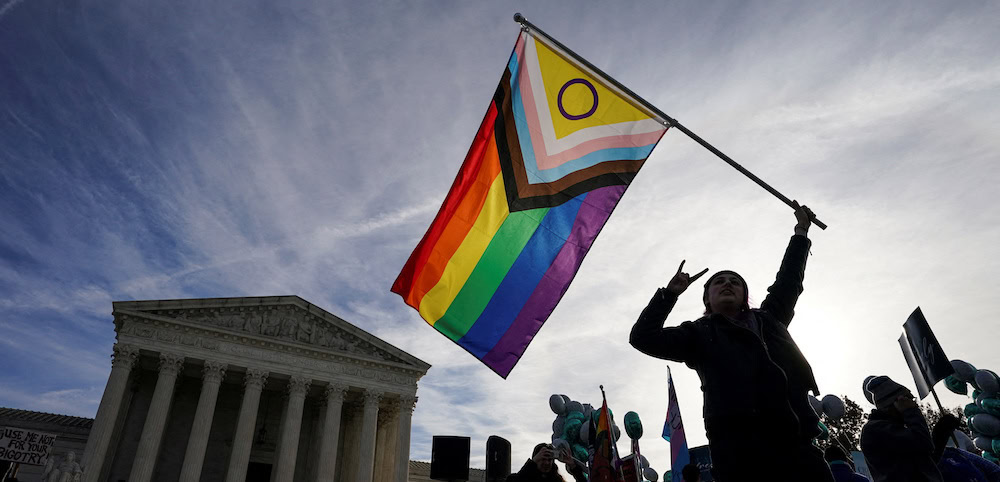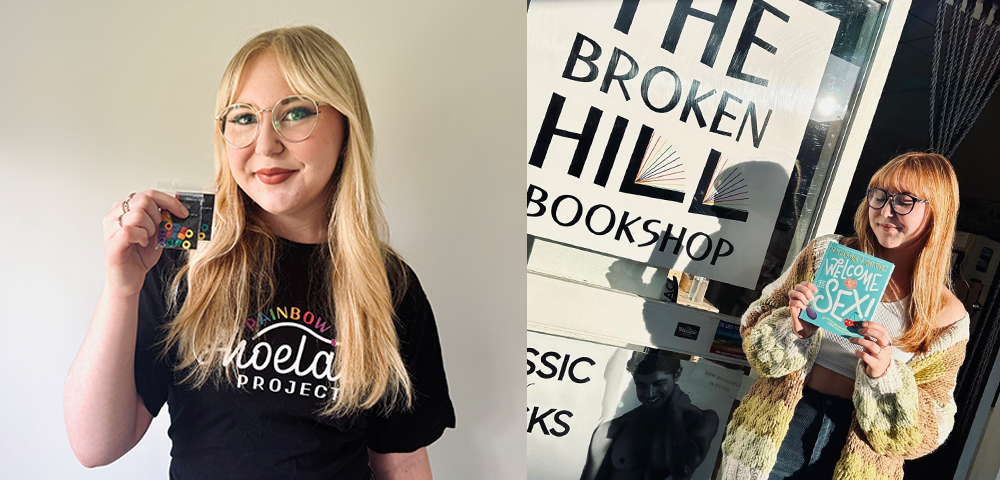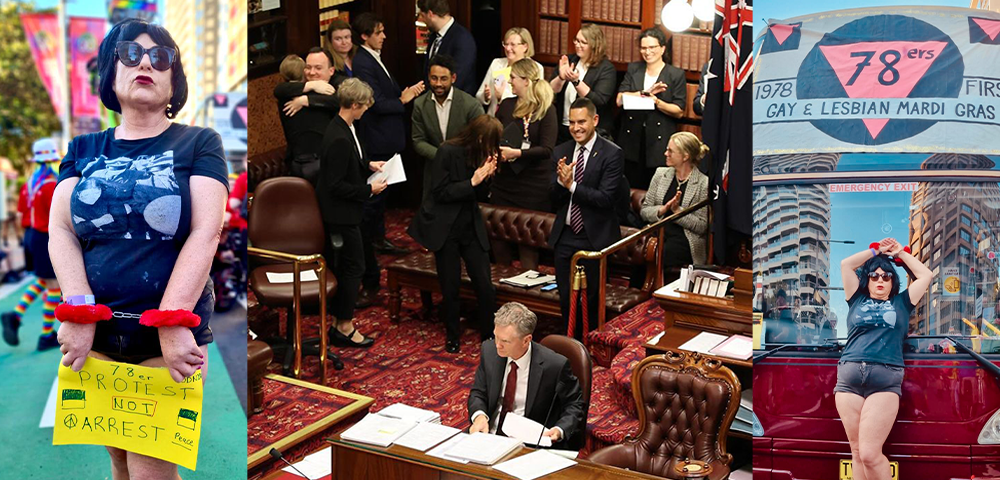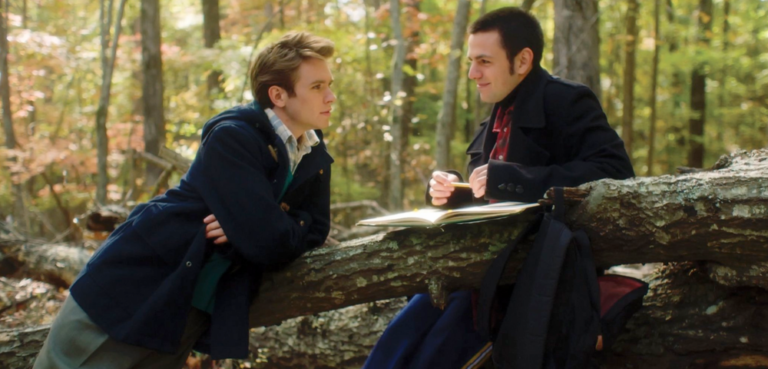
What a remarkable win last week for Australia’s sex and gender diverse community.
The federal Government has made it easier for intersex and trans Australians to get passports that reflect their identity, with sex reassignment surgery no longer a prerequisite to issue a person a passport in their lived-in gender. Even more exceptional, a passport will now be able to be issued with an ‘X’ for indeterminate, unspecified or intersex people.
The change — recommended in the Australian Human Rights Commission’s Sex Files report — has been warmly welcomed by trans and intersex groups around Australia.
It’s heartening to see such progress being made in this area and for that change to occur without somebody hitting the moral-panic alarm.
In this case, slow but steady prodding has eventually resulted in change that will have a significant impact on the lives of trans and intersex people and their ability to travel without fear of discrimination, threats or violence.
What’s interesting about this win is that the push for change has largely flown under the public’s radar. It has not attracted the same headlines the marriage equality campaign demands. It’s been won as a result of quieter conversations and open ears.
This is the principle upon which the LGBTI Parliamentary Friends group — led by Liberal MP Warren Entsch, Labor MP Graham Perrett and Greens Senator Sarah Hanson-Young — is based.
It offers a space to discuss LGBTI issues in a way that’s accessible to all and doesn’t descend into the same kind of finger-pointing that often occurs in the marriage debate.
On this theme of low-volume lobbying, a story appeared in The Guardian online last week following reports that three men in Iran were hanged for the ‘crime’ of having sex with another man.
The story looked at two LGBTI human rights groups — Kaleidoscope and the Human Dignity Trust — that have employed the strategy, according to Kaleidoscope director Lance Price, of “quiet conversations with people who can make a difference”.
In this case, these quiet conversations are with countries which continue to maintain cruel criminal sanctions for people found to have engaged in homosexuality.
In many regions of the world there are very sound reasons why conversations about gay and trans rights must be held with the volume down low.
Thankfully in Australia we do have the freedom to shout about inequalities and unfairness, and proudly this is how many of our rights have been fought and won.
The passports change is proof that it’s not just the squeaky wheel of marriage capturing all the attention and that politicians are capable of doing the right thing, eventually.
